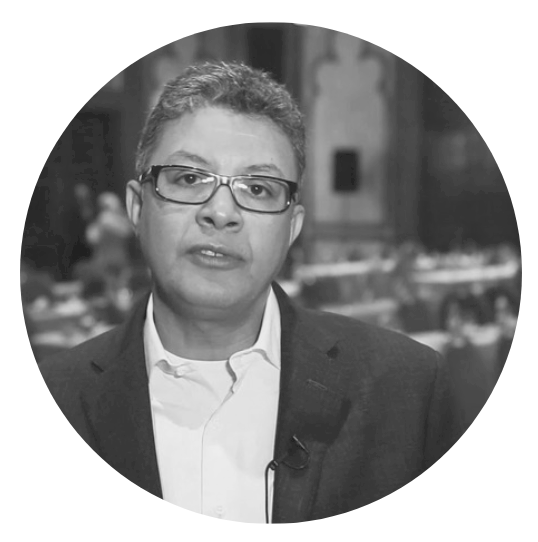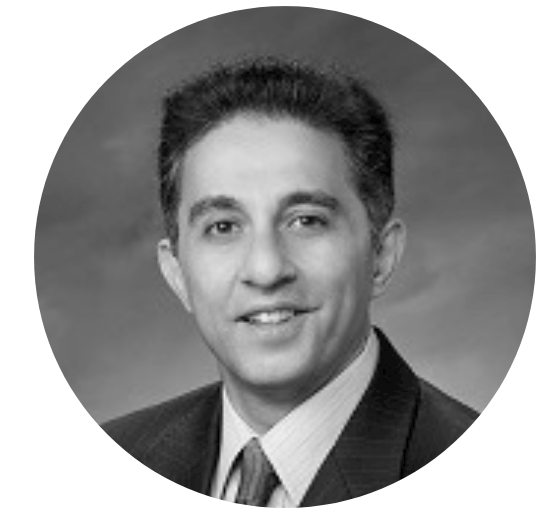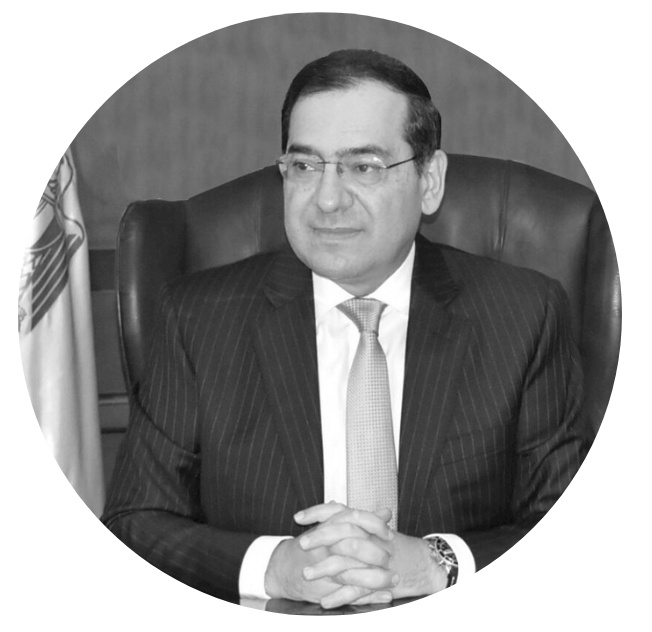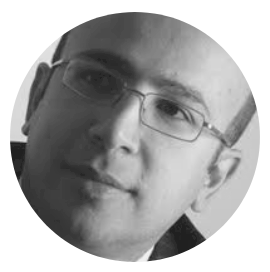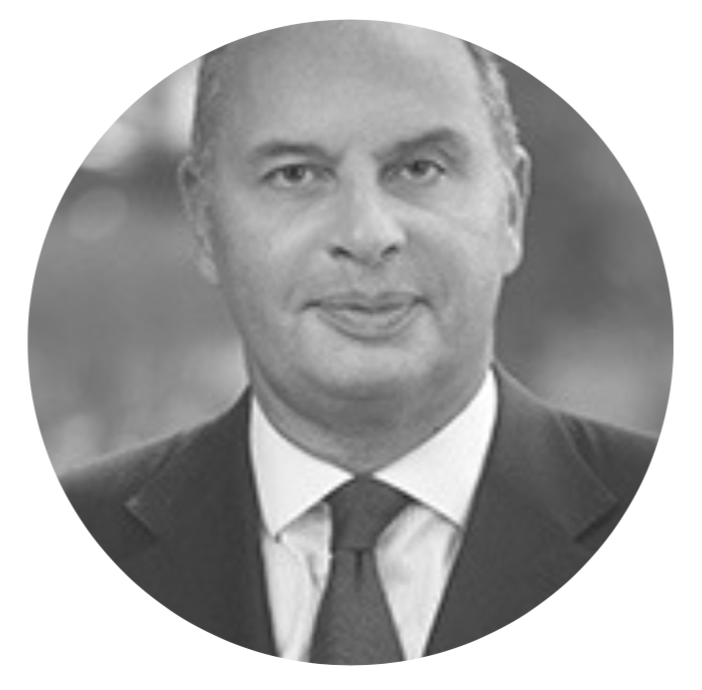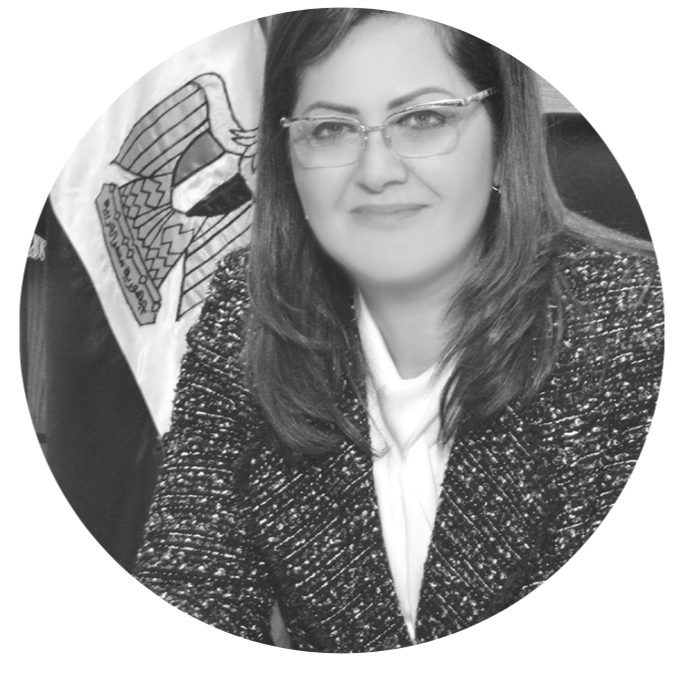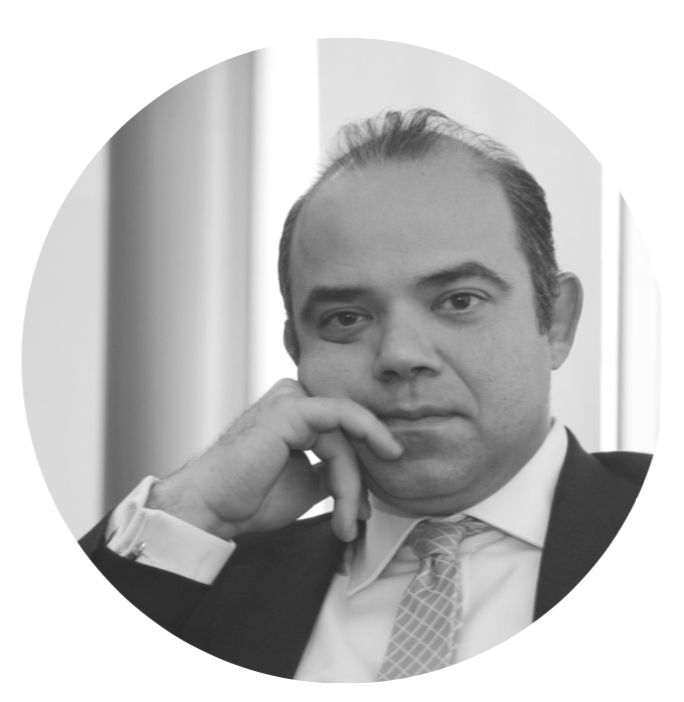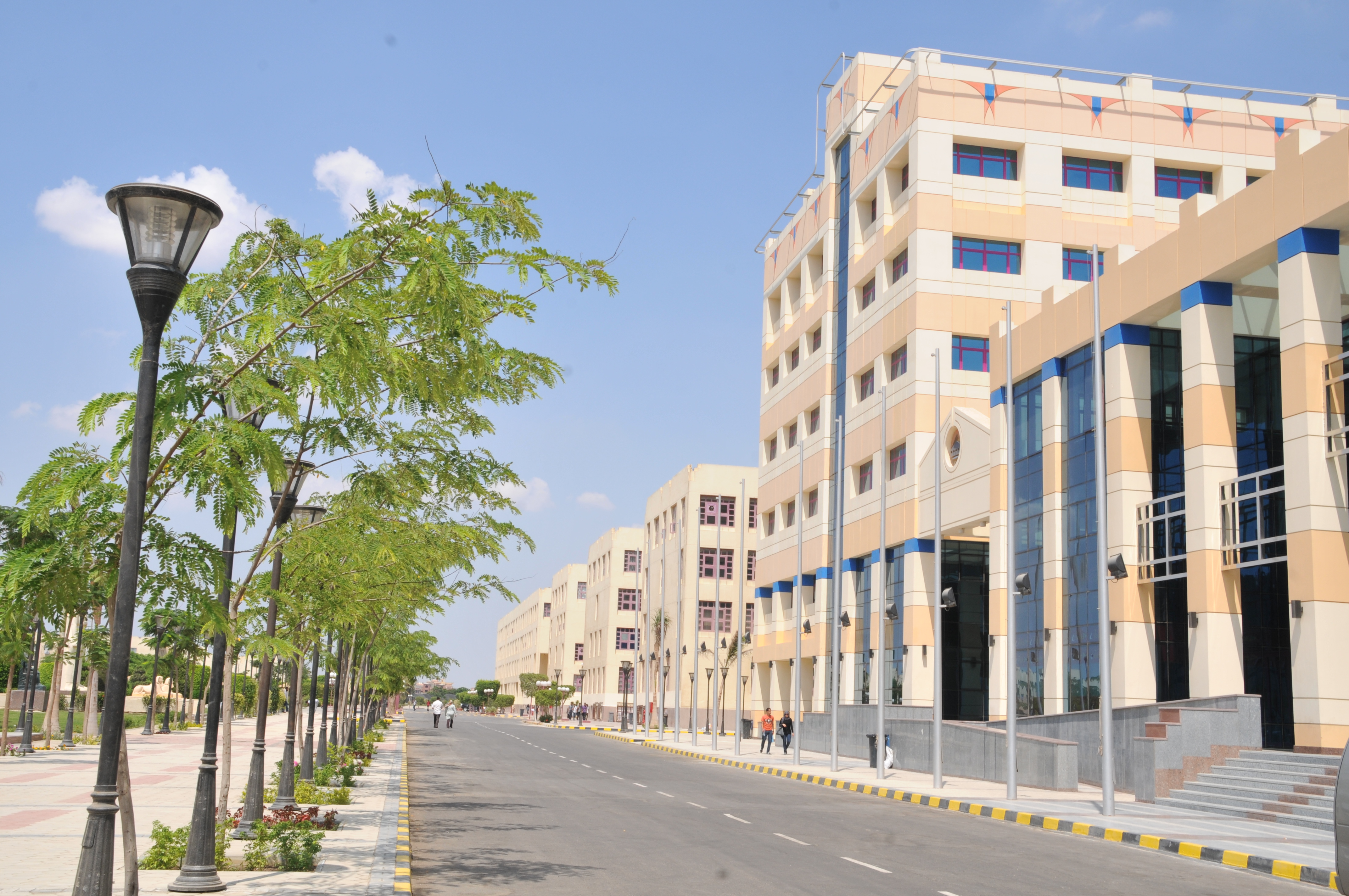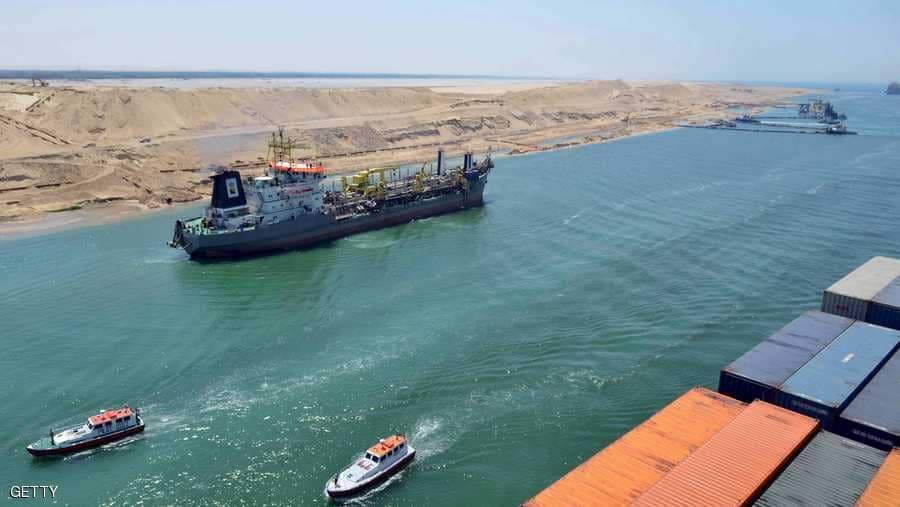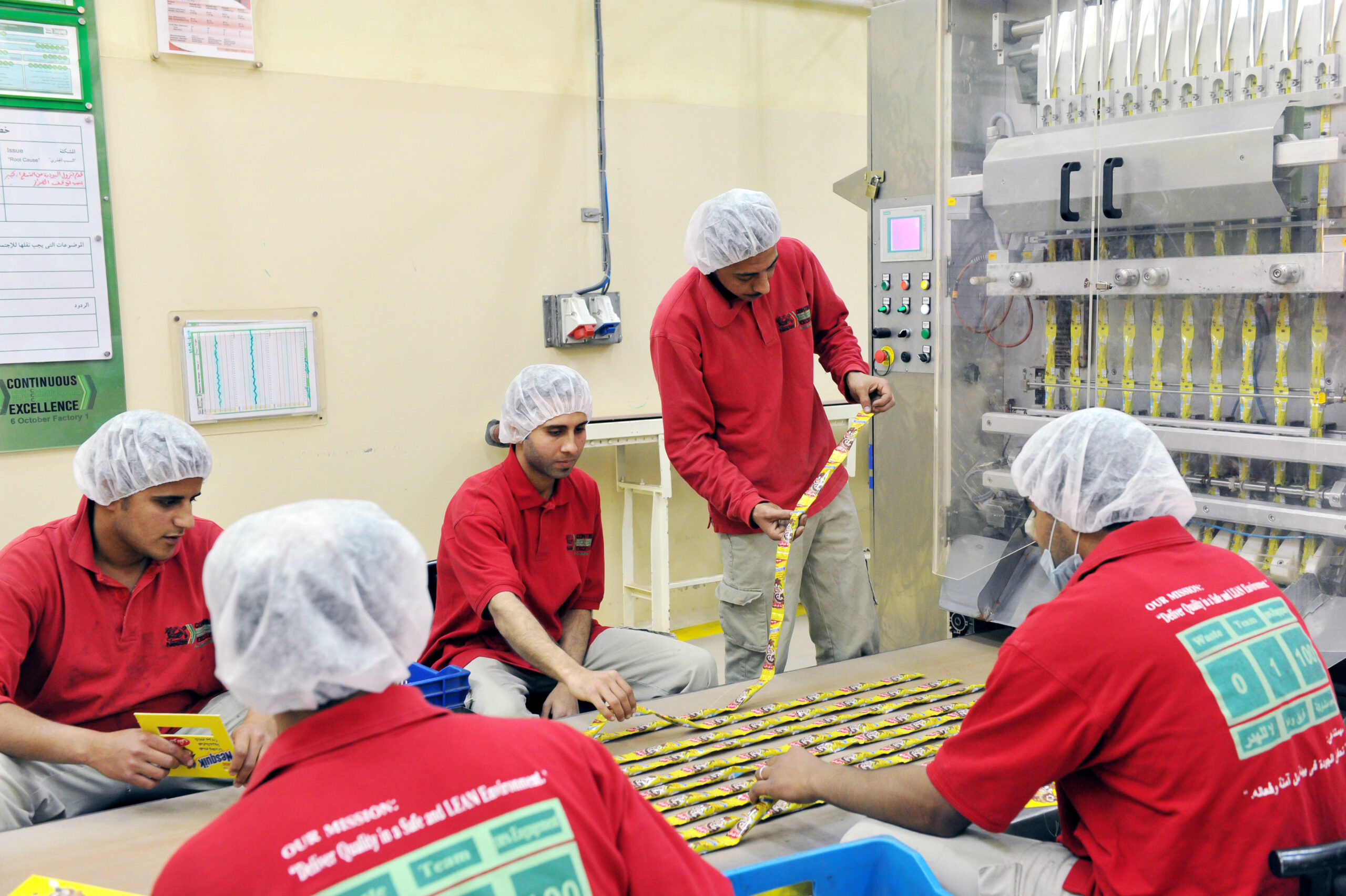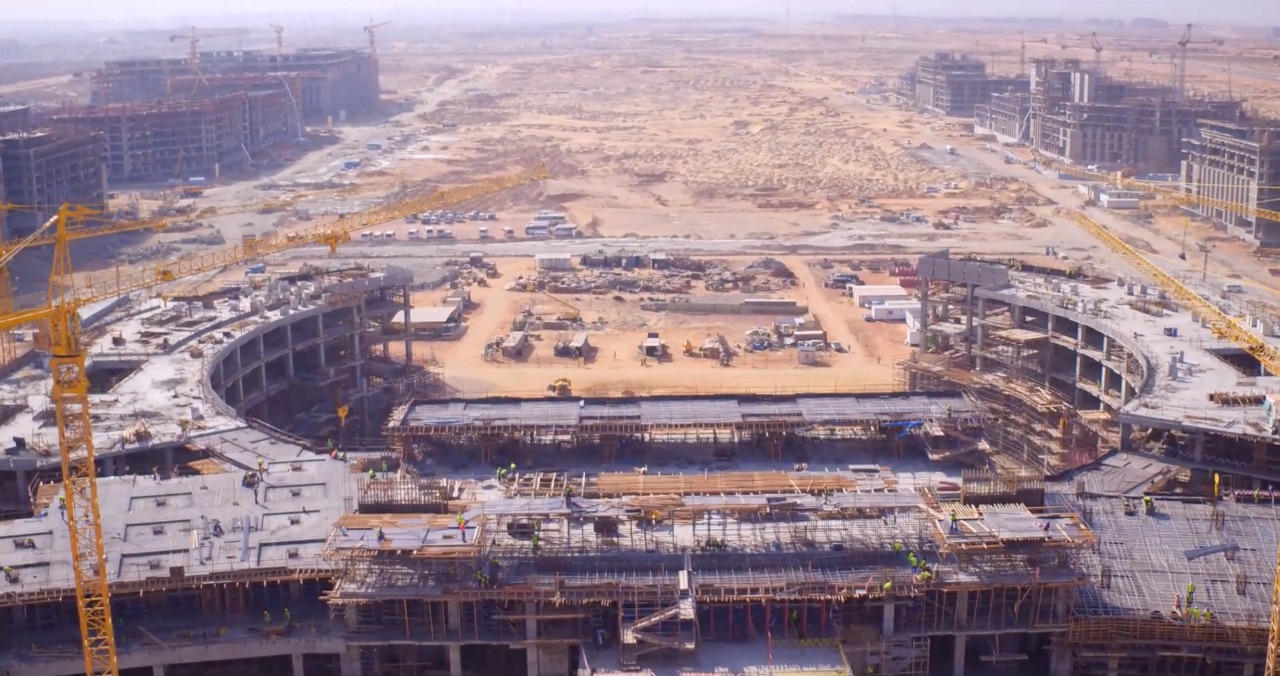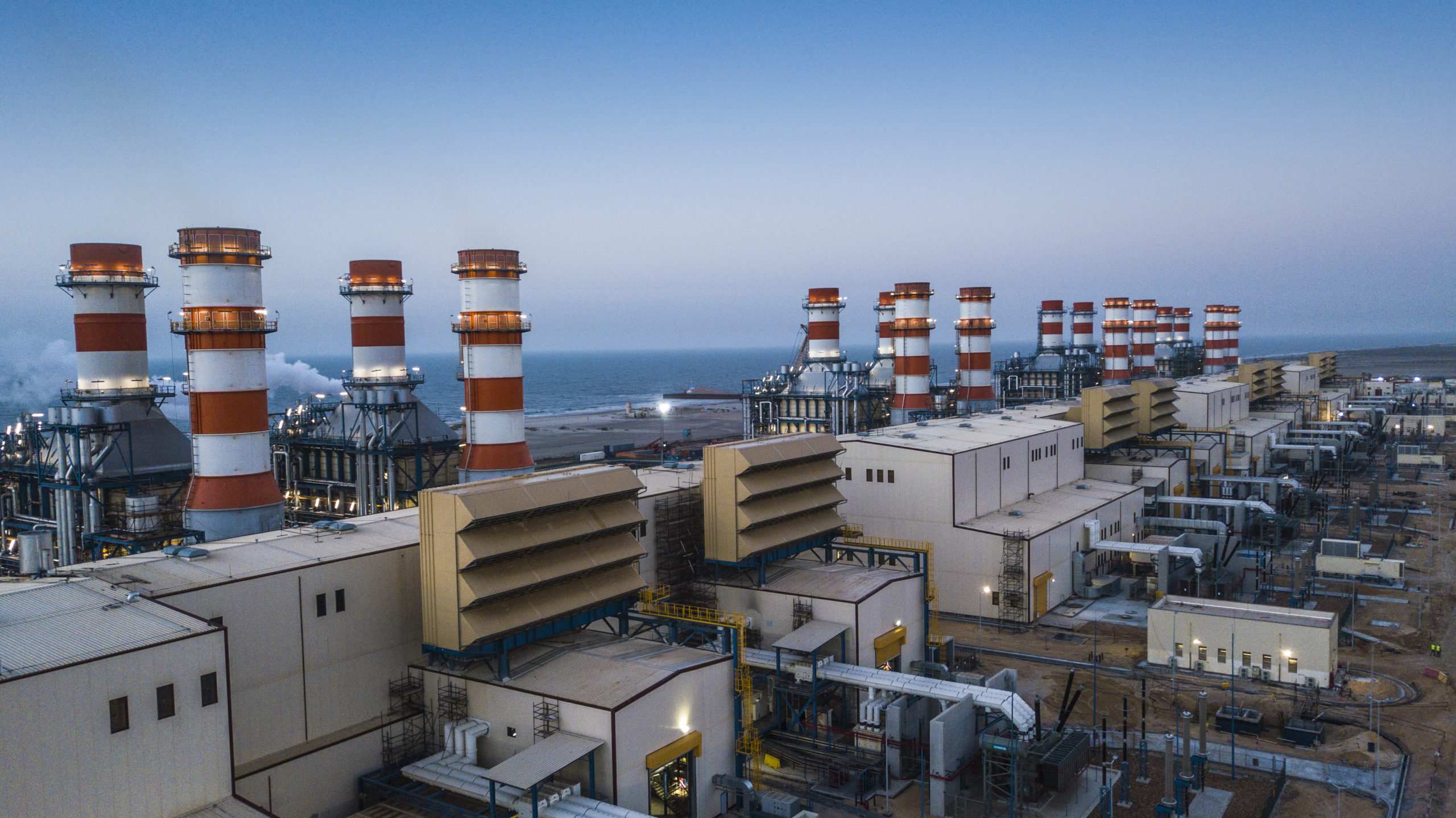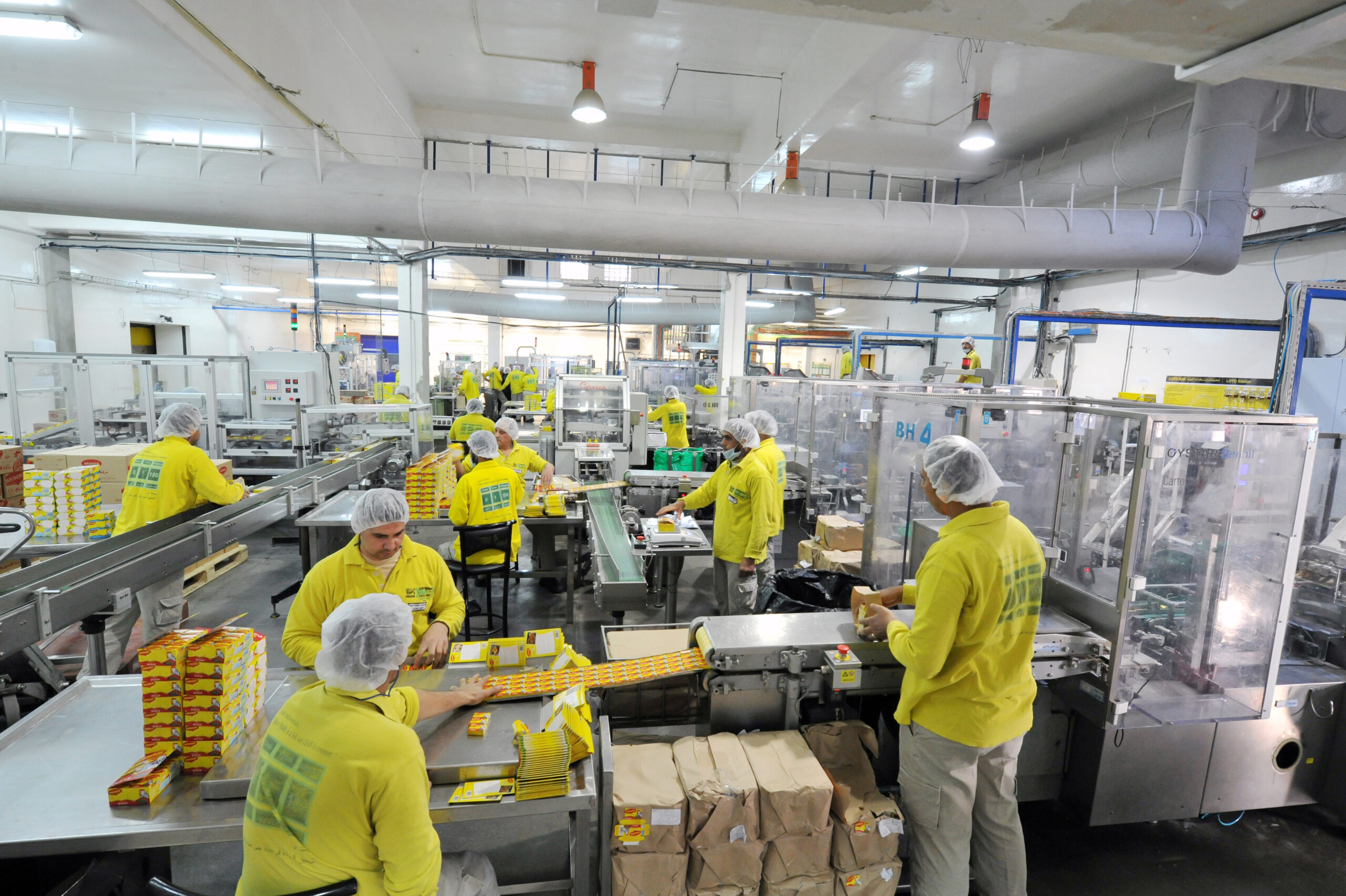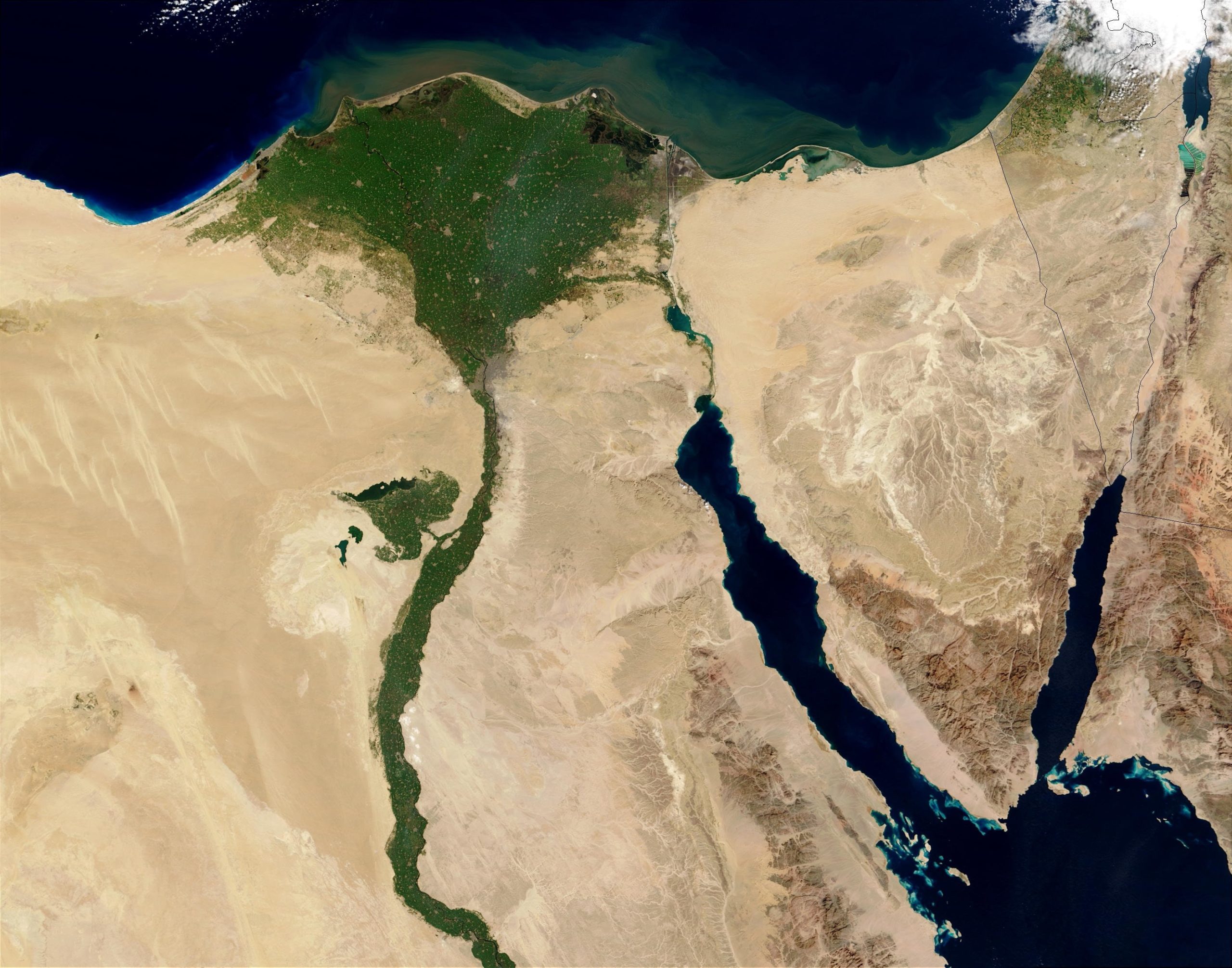The ambitious growth plans of Aebi Schmidt Group

The global powerhouse Aebi Schmidt Group sprang from humble beginnings in 1883 as a mechanical workshop in Burgdorf, Switzerland. Nearly 140 years later, Aebi Schmidt is now a leader in smart product systems and services for the treatment of mission-critical infrastructural and agricultural areas. Throughout the years, Aebi Schmidt continued to innovate, becoming best in its class, and expanding internationally. The business remains a pioneer in the fields of snow clearing and de-icing, and for the first time ever, the Group achieved a net turnover of more than
USD 600 million in 2019. Today, the Aebi Schmidt Group maintains the same pioneering spirit as its founders. The company heavily invests in R&D, relentlessly innovating municipal and special-purpose vehicles, focusing on autonomous driving, utilizing the Internet of Things, and adding value for customers. Barend Fruithof, CEO of Aebi Schmidt Group, is committed to having the company further evolve, innovate and grow, with lofty ambitions for the North American market in particular.

According to Fruithof, the company’s Swiss roots have been instrumental to the overall success of Aebi Schmidt. “Industrial companies sometimes forget how critical it is to have streamlined access to reliable financing. Switzerland’s accessibility for financial sources from banks, private investors and private equity companies has allowed us to finance the entire company out of Zurich. The efficient financial system is one of the many reasons we are based out of Switzerland today. The country offers high caliber talent and great technology, and it is easy to develop strong connections and partnerships. Switzerland has a globally unique industrial manufacturing ecosystem, where Swiss brands equate to high-quality products. Being a Swiss company has opened doors for us and allowed us to collaborate with influential companies and entities around the globe. Due to Swiss pragmatism, we have successfully grown. We are proud of our Swiss roots with a global reach,” stated Fruithof. Aebi Schmidt has decades of international experience and acquired valuable knowledge through the acquisition of various individual regional brands. The group is globally positioned and includes acquisitions such as M-B, founded in 1907 in New Holstein, Wisconsin; Schmidt, founded in 1920 in St. Blasien, Germany; Meyer, founded in 1926 in Newburgh, New York; Swenson, founded in 1937 in rural Northern Illinois, amongst others around the world.
Aebi Schmidt Group’s product range has a commendable reputation for high-quality manufacturing of purpose vehicles for winter service, street and surface cleaning, and agriculture. The Group has a wide range of products from vehicles to innovative attachable and demountable devices. The Group ensures clean and safe traffic routes and airfields throughout the world and offers innovative agricultural machines in challenging terrain. It includes a portfolio of brands such as Aebi, the world’s leading brand for vehicles enabling the safe mechanical cultivation and maintenance of extreme slopes and demanding terrain. Schmidt, another brand under the Group, has been at the forefront of winter maintenance equipment for the last 100 years. Schmidt has innovation ingrained in its DNA, and is a pivotal partner for airports, service providers and authorities around the world.
Aebi Schmidt has an impressive presence in sixteen countries with sales and service organizations. It also has eleven production facilities across the world, with six located in the USA, based in Wisconsin, Ohio, Illinois, and Pennsylvania. While discussing operations in the USA, Fruithof mentioned, “The USA and Canada are strategic markets for us. We have ambitions to continue to gain market share and could reach revenue from the USA up to 40 percent for the Group. Agriculture machinery makes up about 11 percent of our business, and aviation has the biggest potential for the USA market and our growth in particular. We are the leading provider in the airport sector for snow clearance, de-icing equipment and control systems technology in the USA. We recently won a contract for both Chicago airports, which is one of the largest contracts a company could win regarding snow removal at airports. We also see huge potential in our sweeper business in the USA, which is why we recently invested in the expansion of our factory in Wisconsin. Furthermore, we acquired ELP, a leading winter equipment producer in Quebec, to further expand operations in Canada.”
Fruithof went on to discuss how the company ensures it will continue to break new ground and continuously improve its products and services. He stated, “This year, we have invested roughly CHF 14.5 million into R&D. We are involved in autonomous driving and have partnerships with Mercedes-Benz and CPAC.”
Another area of heavy investment in R&D for the Group is advancement in electrification of machines. Fruithof stated, “We delivered the first fully electric sweeper. The eSwingo 200+ works emission-free for up to ten hours on a single charge. We continue to collaborate with other companies and universities on various R&D projects, and look forward to developing more sustainable, innovative solutions. Sustainability is an essential part of our business activities, and our economic, social, and environmental targets are implemented along the entire value chain. We use resources sparingly, and continuously invest in sustainable technologies.”
“Hallmarks of the Aebi Schmidt brand include Swiss quality, service, innovative technology, continuous enhancements, sustainability, and reliability. ”
Barend Fruithof, CEO, Aebi Schmidt Group
He added, “Hallmarks of the Aebi Schmidt brand include Swiss quality, service, innovative technology, continuous enhancements, sustainability, and reliability. Our goal with all relevant products in respective markets is to become one of the top three players in that market. With regards to airport business, it is clear our goal is to be the number one player in the USA and Canada. In order to achieve this, it will require more acquisitions. We have a clear plan for the next five years and will continue to grow our share of revenue in North America. We build sustainable partnerships, which is typical of a Swiss company.”
Looking into the future, Fruithof has ambitions to further transform Aebi Schmidt Group’s business model, “We are currently a product driven company, but it is our vision to transition into a solution provider, offering service contracts, connectivity based on digitalization, and after sales services. Over the next five years, we will continue to evolve, and this will be one of our big game changers. For instance, when municipalities create tenders, they are usually not mentioning the total cost of ownership of a particular machine over a period of ten years. We would like to offer proposals on a basis of total cost of ownership. This will allow for greater sustainability of the machines, higher quality of the machines, and better service due to the connectivity. If we remain connected to the machine digitally, we can inform the owner of any issues, help optimize routes, and improve the way the machines drive through cities to become more efficient. The machines will then require less fuel, electricity, and labor. If machines can become twenty percent more efficient, clients will need less machines, fewer drivers, and pay less for fuel consumption. This will benefit not only the environment, but also the economy.”
With an already large foothold in the North American market, Fruithof reflected on the Group’s presence and future opportunities. He stated, “Aebi Schmidt Group sees tremendous value in our presence in the North American market, not only for balancing our portfolio. We are really happy with our North American workforce since values closely align with the Swiss. We also receive excellent support through local government agencies and embassies. As a group, we are proud of our activities in the USA, and look forward to continuing to develop strong, sustainable relationships in North America.”




